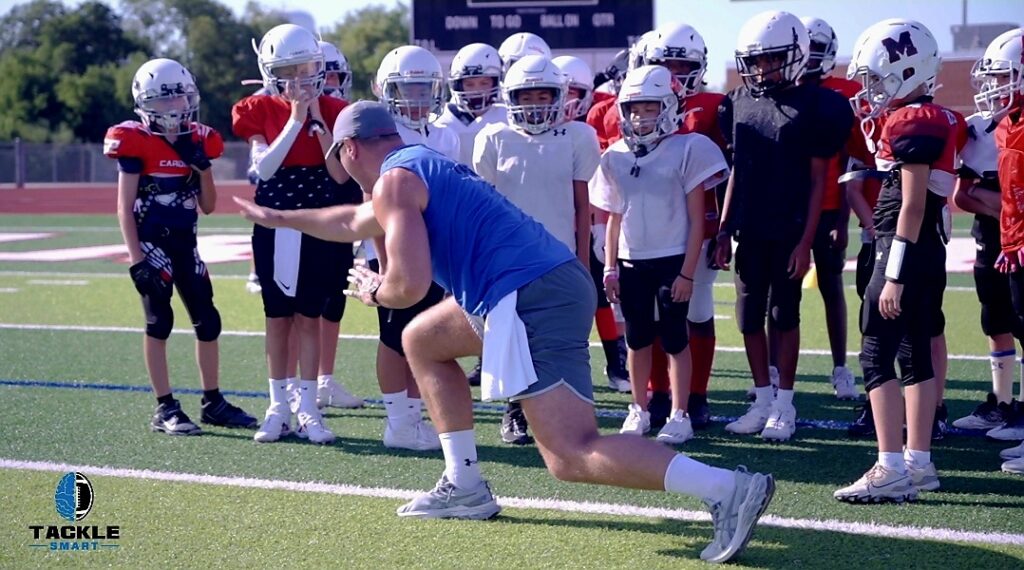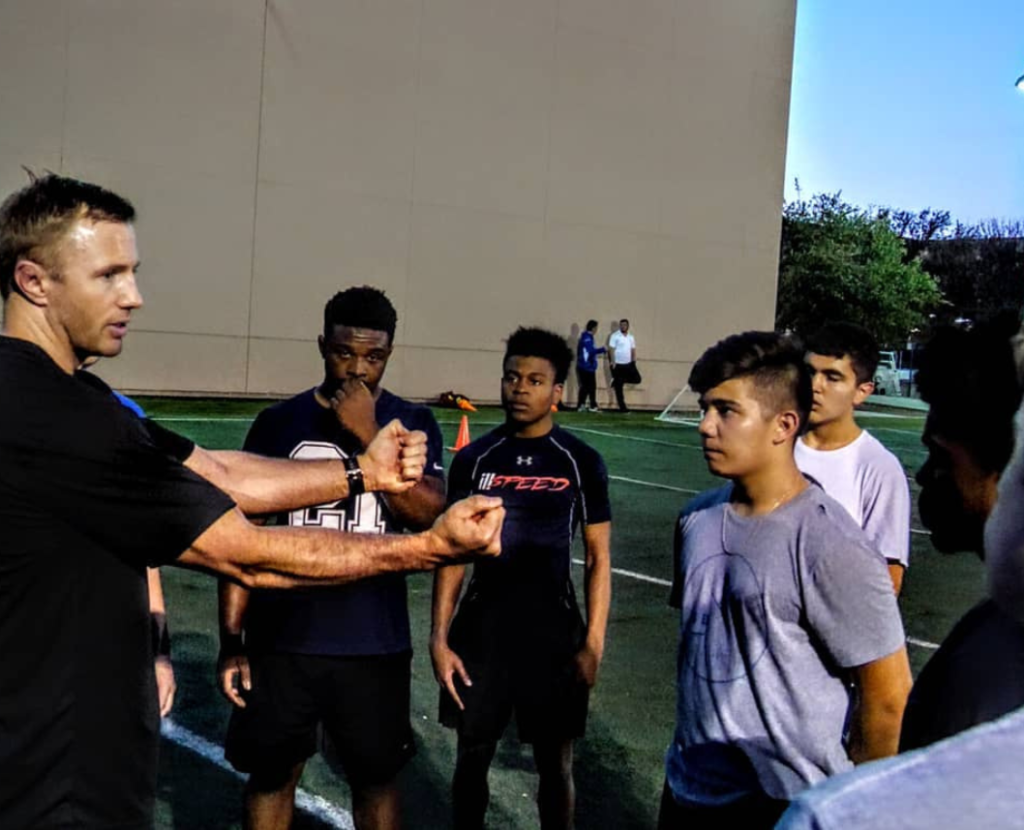Over the course of the past few years, we’ve seen some big changes in the world of sports coaching. Now more than ever, coaches and trainers for contact sports like football are aware of the safety challenges involved. This is especially true for student athletes, who are just learning the mental and physical skills they’ll need in the game. Even very young athletes often train just like the pros, taking on grueling regimens that last several hours a day, and wanting to hold themselves to the standards of elite performance.
In other words, sports coaching helps players to progress through safety training, with challenges and progressions. It also build skills and self-confidence within the kid’s developmental stage.
It’s for this reason that we have to set progressions that naturally challenge student athletes,
help them develop the skills they’ll need to play hard and play safe. And to really stick, those progressions have to be engaging, challenging, and
fun.They need to offer a way for players to enhance their learning and build confidence while playing a sport they love, from the player’s first steps on the field to the most complex real life scenario.
Early Progressions in Sports Coaching
The main difficulty with the early progressions for any young football player is making sure they’re
just enoughof a challenge. (Too easy and they’ll lose interest, too hard and they’ll lose confidence.) Our strategy is to set bite-sized assessments that slowly build in difficulty, testing the players’ abilities and allowing them to start feeling successful. For example, we typically start players out practicing basic drills with safe equipment, as opposed to practicing live scenarios right away. In a sense, that’s the most important thing: we want our athletes to
enjoythe game, and to feel like they have the skills and confidence to play effectively before they’re thrown into difficult situations. Athletes play well only once they’re prepared and trained on how to respond prudently to a situation, knowing how to react and building muscle memory to help them along. In the next progressions, we start building on that confidence and those skills, helping challenge them even further. But it’s always important for a good coach to know
whento allow athletes to move forward, when players are confident and skilled enough for more intense and complex drills.
Progressing to Live Scenarios
Once they’ve graduated to more difficult technical drills, it’s essential to practice live situations as well. Students need to be tested and challenged on multiple levels. Their ability to think quickly based on an opposing team’s movements, and to work and communicate with teammates.
When we progress to live scenarios, we’re allowing students to continue building the muscle memory we’ve started in the drills. At the same time, we’re developing their decision-making process, as these young athletes have to learn how to make quick decisions under intense pressure.
At the end of the day, there’s a lot of physical and mental training that goes into a game of football, probably more than the players themselves even realize. And as coaches, we have to be to be knowledgeable about the natural progressions, from the very first drills to the most complex live scenarios. It’s a challenge for any trainer, but there’s nothing more rewarding than seeing our players graduate through them.




